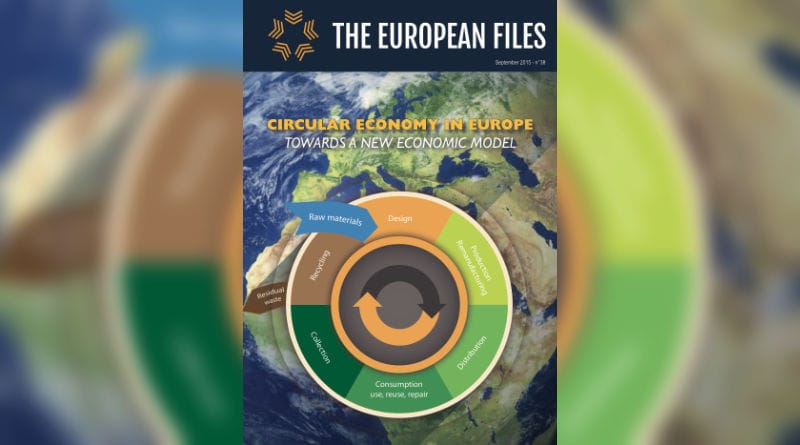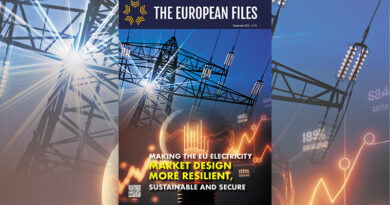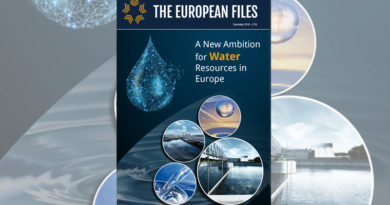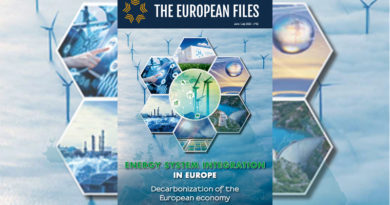
Circular economy in Europe, towards a new economic model
The concern over Europe’s primary resource dependency is not new. Coupled with a growing awareness of our environmental impact and energy addiction, it comes as no surprise that the European Commission and Parliament are set to present a more ambitious policy package to create a “Resource Efficient Europe” by the end of 2015. The solution proposed is nothing short of a strict evolution of our current “linear economy” into a more resilient Circular Economy.
The limitations of our planet’s resources and the scaled effects of innovation cannot sustain our current consumer culture. Poor waste management and inefficient business practices hold down our ability to grow our economic added value. There is a great gap between our economic and environmental well-being. In response, international research organizations and foundations, such as the Ellen MacArthur Foundation, have formalized an economic model that produces no material waste. At a time where economic policymakers seem to lack the resources and clarity to pass ambitious growth packages, this evolution thrusts an originally environmentally driven concept into the main arena of European legislation.
The unique processes of this economic model require a paradigm shift in our way of doing business. In concrete terms, businesses would need to think circular at design stage to create products in line with the Ecodesign approach, taking the entire lifecycle of the product into consideration, in order to support waste prevention as well as products’ re-use and recycling. In addition, the coordination of actors involved in waste management must be clear and strict. These guiding principles should transcend all facets of the economy. In this issue of The European Files, we present to policymakers and industry specialists the potential and practicality of a new economic model for a more sustainable Europe.



